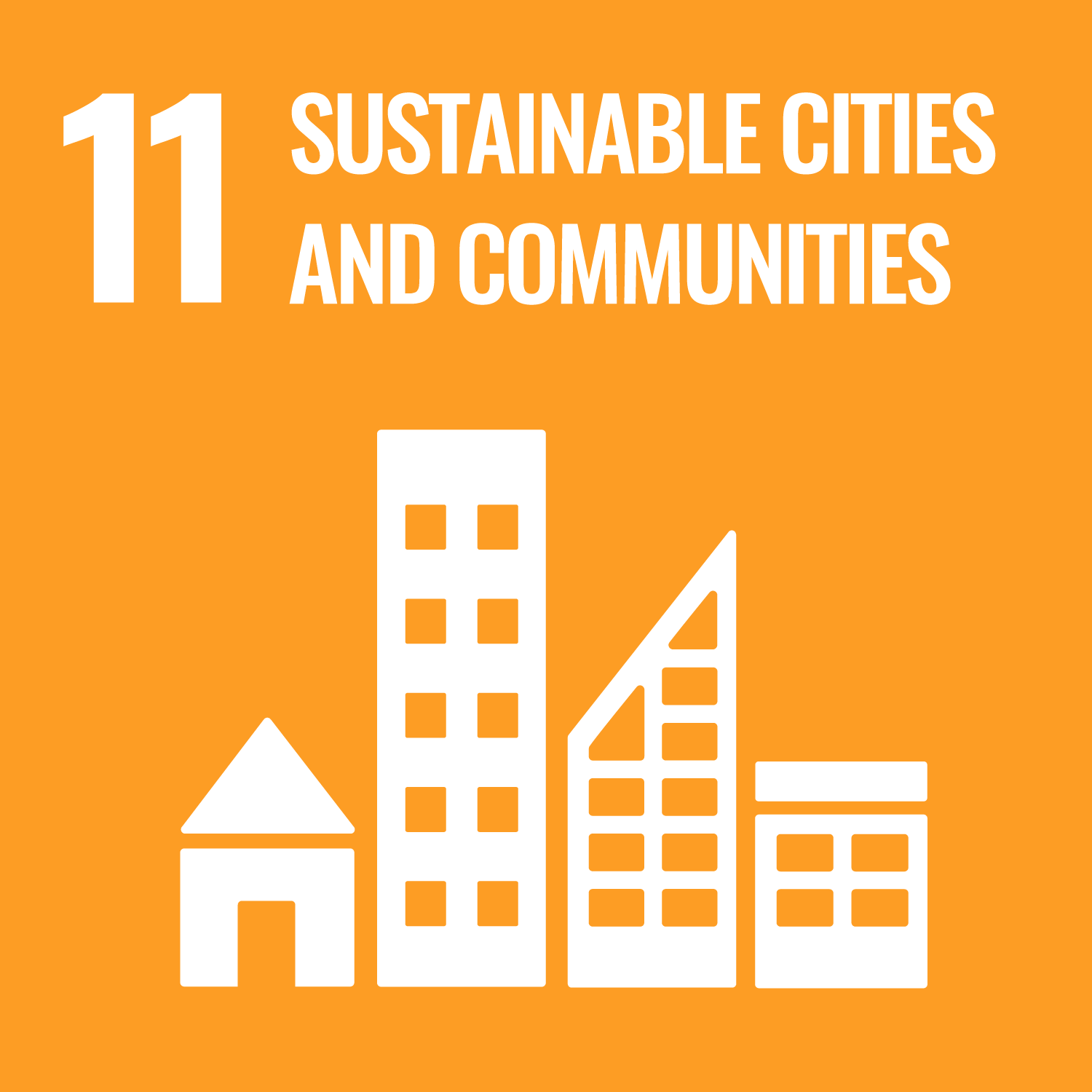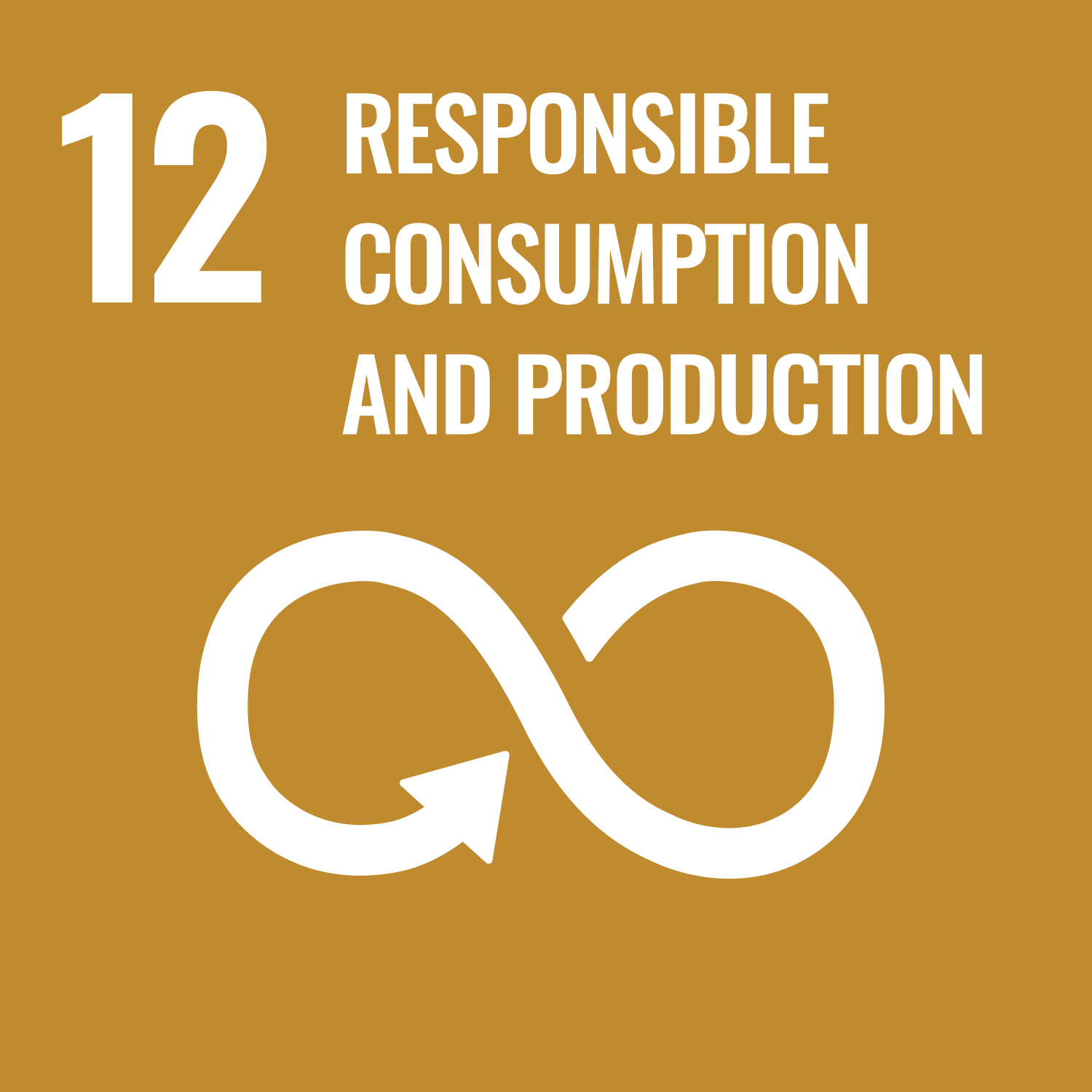ORCID
- Simon Jackson: 0000-0002-5475-7637
Abstract
Bioaerosol emissions arising from biowaste treatment are an issue of public concern. To better characterise the bioaerosols, and to assess a range of measurement methods, we aerosolised green waste compost under controlled conditions. Viable and non-viable Andersen samplers, cyclone samplers and a real time bioaerosol detection system (Spectral Intensity Bioaerosol Sensor (SIBS)) were deployed simultaneously. The number-weighted fraction of fluorescent particles was in the range 22–26% of all particles for low and high emission scenarios. Overall fluorescence spectral profiles seen by the SIBS exhibited several peaks across the 16 wavelength bands from 298 to 735 nm. The size-fractionated endotoxin profile showed most endotoxin resided in the 2.1–9 μm aerodynamic diameter fraction, though up to 27% was found in a finer size fraction. A range of microorganisms were detected through culture, Matrix Assisted Laser Desorption and Ionisation Time of Flight Mass Spectrometry (MALDI-TOF) and quantitative polymerase chain reaction (qPCR), including Legionella pneumophila serogroup 1. These findings contribute to our knowledge of the physico-chemical and biological characteristics of bioaerosols from composting sites, as well as informing future monitoring approaches and data interpretation for bioaerosol measurement.
DOI Link
Publication Date
2018-09-28
Publication Title
Atmosphere
Volume
9
Issue
10
Acceptance Date
2018-09-24
Embargo Period
2021-10-05
First Page
379
Last Page
379
Recommended Citation
Nasir, Z., Rolph, C., Collins, S., Stevenson, D., Gladding, T., Hayes, E., Williams, B., Khera, S., Jackson, S., Bennett, A., Parks, S., Kinnersley, R., Walsh, K., Pollard, S., Drew, G., Alcega, S., Coulon, F., & Tyrrel, S. (2018) 'A Controlled Study on the Characterisation of Bioaerosols Emissions from Compost', Atmosphere, 9(10), pp. 379-379. Available at: 10.3390/atmos9100379



